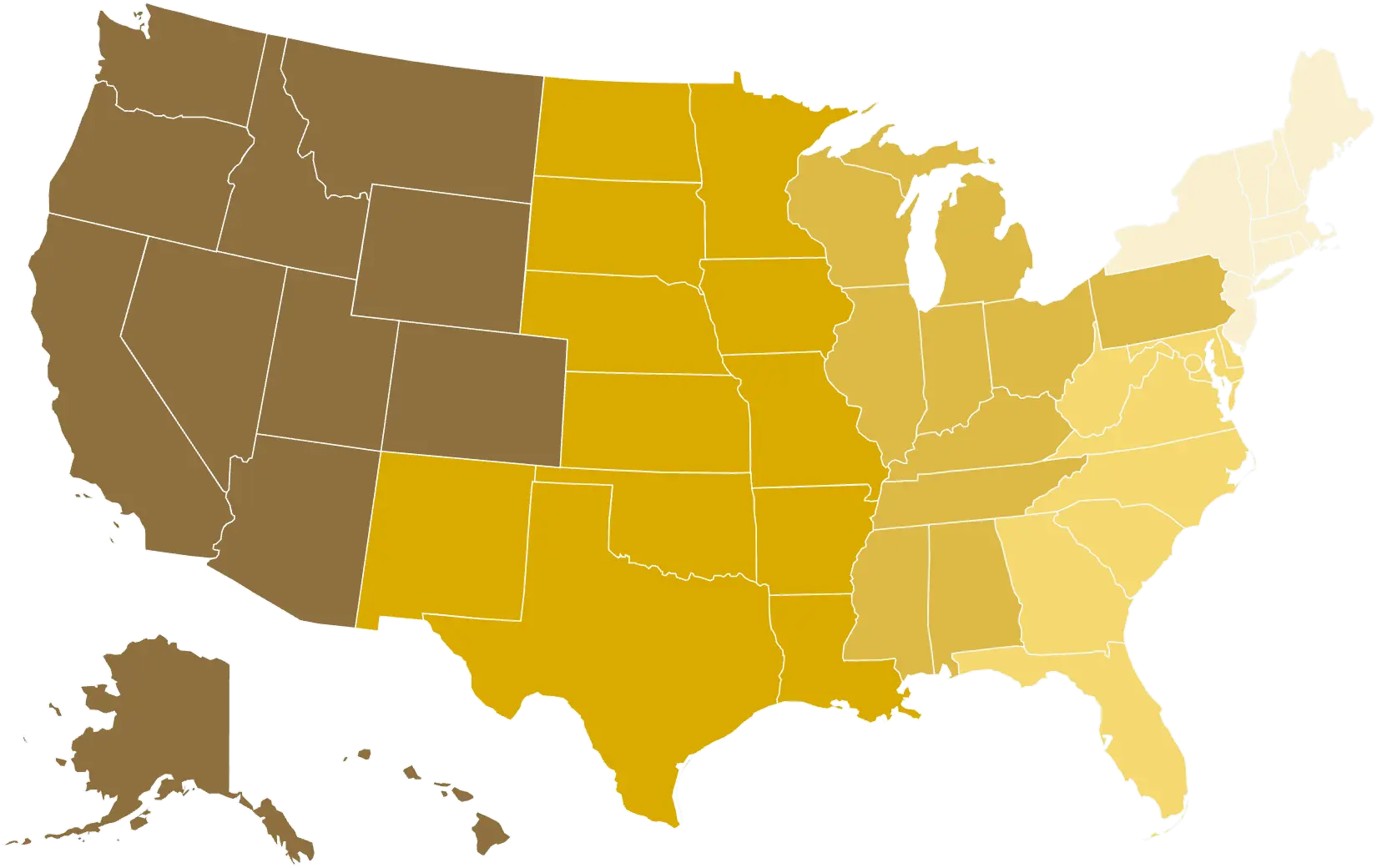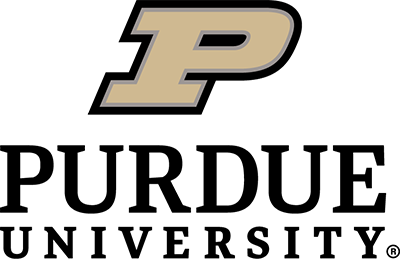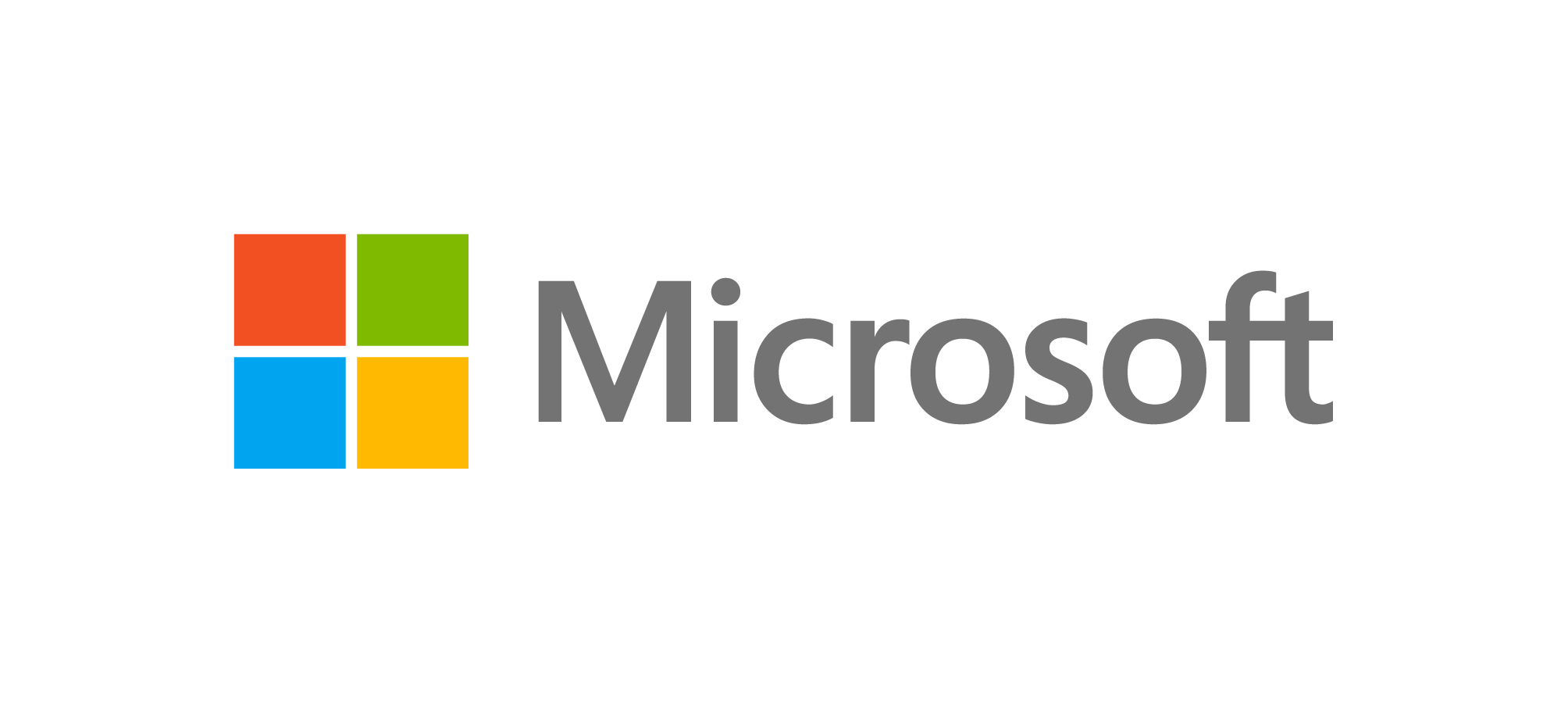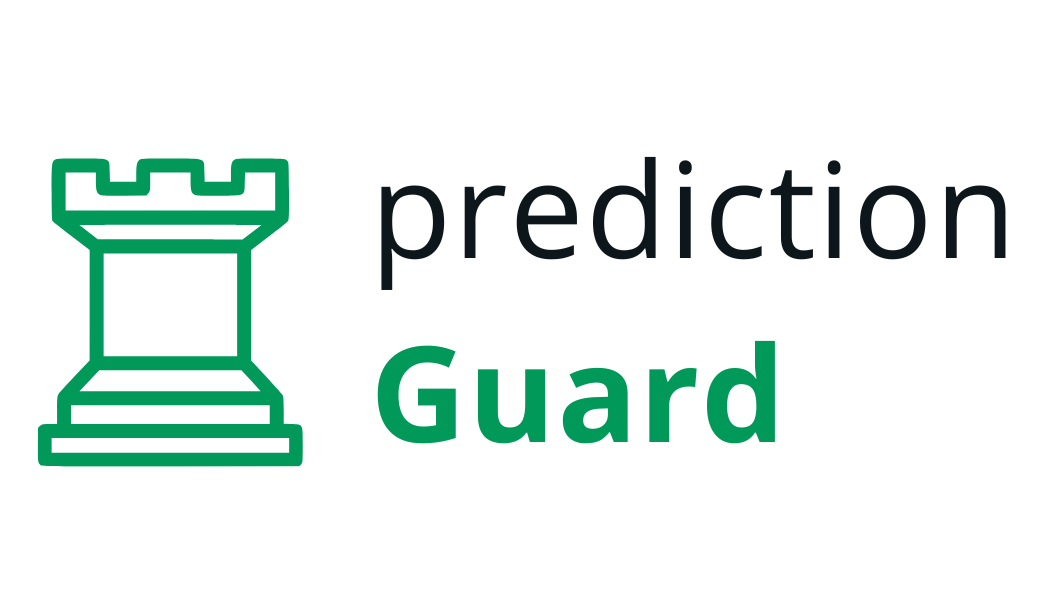Registration
Participating teams must register and pay the $40 non-refundable registration fee by September 17, 2023.
Please send questions to Trisha Hartman at trishah3@purdue.edu.
Welcome to the Data 4 Good Case Competition, jointly sponsored by the Mitchell E. Daniels, Jr. School of Business master’s programs – MSBAIM, MSGSCM, MSM, Krenicki Center, Microsoft, INFORMS, Prediction Guard, and Certiport.
At the crossroads of critical thinking, data analysis, artificial intelligence, and communication, this elite case competition is designed to challenge undergraduate and graduate students across the country to compete for $45,000 in prize money.
Registered teams will receive free practice exams and vouchers to complete the Exam AZ-900: Microsoft Azure Fundamentals - Certification*, $99 value/exam available to you at the $40/team case competition registration fee cost!
This holistic experience not only provides an opportunity to use data, technology, process, and research-based methods to make good decisions for good problems, but also connects participants to leading data analytics organizations through credentialing and networking.
Registering and paying the $40/team registration fee guarantees the following:
*Microsoft and INFORMS JTA training sessions are an exclusive opportunity available only to those who participate in the case competition. These sessions are not open to the public.
This event is open to students currently pursuing an undergraduate or graduate degree. Teams must register as groups of 3-4 students — all undergraduate students or all graduate students, as the evaluation varies based on education level. It is recommended to form a multi-disciplinary team that can work cross-functionally on the case.
Participating teams will first compete against other teams in their region. Regional winners will be invited to compete at the final competition in West Lafayette, Indiana, on Friday, December 1 and Saturday, December 2. Invited teams MUST participate in the final competition to be eligible to receive prize funds.
Region 1: CT, MA, ME, NH, NJ, NY, RI, VT
Region 2: AL, IL, IN, KY, MI, MS, OH, PA, TN, WI
Region 3: DC, DE, FL, GA, MD, NC, SC, VA, WV
Region 4: AR, IA, KS, LA, MN, MO, ND, NE, NM, OK, SD, TX
Region 5: AK, AZ, CA, CO, HI, ID, MT, NV, OR, UT, WA, WY

The competition is divided into three phases:
Phase I: Participate in an optional training* from Microsoft expert trainers on AZ-900: Microsoft Azure Fundamentals and AI-900: Microsoft Azure AI Fundamentals, get a badge for completion, and receive free practice exams and certification exam. Trainings will be hosted live and will be recorded and available for each registered participant to review for 30 days.
*Although the training and certification is optional, completing each component will result in earning points toward your total score.
Phase II: As a team, apply the learnings using Microsoft and open-source tools to develop a solution to the provided case. Kaggle will be used to assess case problem predictions.
ONLY REGIONAL WINNERS WILL MOVE ON TO PHASE III
Phase III: The top five undergraduate and top five graduate student teams are invited to Purdue University-West Lafayette for the in-person presentations of your solution. If there is a tie, a team will be randomly selected.
If you qualify for Phase III, you will be required to travel to Purdue University’s West Lafayette campus by your own means.
All finalists stand a chance to win prize money! The judging and distribution of the prize money will be separate for undergraduate and graduate teams. Regional winners MUST attend the final competition to receive prize funds.
Region 1: Undergraduate Team Winner: $2,000 | Graduate Team Winner: $2,000
Region 2: Undergraduate Team Winner: $2,000 | Graduate Team Winner: $2,000
Region 3: Undergraduate Team Winner: $2,000 | Graduate Team Winner: $2,000
Region 4: Undergraduate Team Winner: $2,000 | Graduate Team Winner: $2,000
Region 5: Undergraduate Team Winner: $2,000 | Graduate Team Winner: $2,000
First Place: Undergraduate Team Winner $6,500 | Graduate Team Winner $6,500
Second Place: Undergraduate Team Winner $4,000 | Graduate Team Winner $4,000
Third Place: Undergraduate Team Winner $2,000 | Graduate Team Winner $2,000
*Students can complete training sessions live or via recordings.
February 9, 2024 – Students who earned their Exam AZ-900: Microsoft Azure Fundamentals will be invited to participate in a career fair with Microsoft Partners and Customers. Mark your calendars now for February 9 if you earned your certification, and watch your inbox for an email invitation in early December.
Early 2024 – Students who earned their Exam AZ-900: Microsoft Azure Fundamentals will have the opportunity to participate in a career fair with Microsoft Partners and Customers.
Teams can earn points collectively and individually by participating in the available trainings, practice exams, and certifications.
| Regional Championships | |||
|---|---|---|---|
| Individual Points (max) | Team Points (max)* | ||
| Attended Prediction Guard Kickoff & Q&A session (or recording) | 150 | 450 | 5% |
| Attended AZ-900: Microsoft Azure Fundamentals expert training session (or recording) | 400 | 1200 | 12% |
| Launch the AZ-900: Microsoft Azure Fundamentals practice exam | 150 | 450 | 5% |
| Pass the AZ-900: Microsoft Azure Fundamentals certification* | 1000 | 3000 | 30% |
| Attended AI-900: Microsoft Azure AI Fundamentals expert training session (or recording) | 250 | 750 | 8% |
| Completed INFORMS CAP JTA training session (or recording) | 150 | 450 | 5% |
| Launch the AI-900: Microsoft Azure AI Fundamentals practice exam | 150 | 450 | 5% |
| Kaggle Score (per team) [Standardized up to 3000] | 3000 | 30% | |
| Total Points | 2250 | 9750 | |
*Average scores used among team of 3-4 people per team
We stand at the intersection of human compassion and technological innovation, where the drive to care for our fellow humans often clashes with the constraints of time, labor, and a growing demand. This is particularly visible within the healthcare and hospice sectors, where dedicated professionals and altruistic volunteers are stretched thin, painstakingly completing intricate documentation to record the care provided to an escalating patient population.
Amidst this increasingly pressurized environment, the potential of Large Language Models (LLMs) like those developed by OpenAI's GPT series, has begun to make waves, promising to transform operational efficiencies. More recently, the emergence of open-access LLMs, such as Llama 2, provides a unique opportunity for these powerful tools to be deployed in a manner that is both cost-effective and respects the essential privacy requirements of the healthcare sector.
The 2023 Purdue "Data for Good" competition presents a related competition brought to you by Purdue University, Microsoft, INFORMS, and Prediction Guard. This competition seeks to bridge the gap between healthcare needs and technological innovation. The focus is on demonstrating how the potential of LLMs can be harnessed to automate the painstaking process of medical documentation, given a transcript of a medical dictation or a patient-doctor conversation.
Imagine a world where healthcare professionals and volunteers are free to devote their full attention to their patients, unburdened by labor-intensive paperwork. Envisage a future where AI can streamline administrative processes, ensuring that the data captured is accurate, consistent, and secure, freeing up valuable time and resources.
This competition embodies the essence of technology as a force for good, pushing the boundaries of what we can achieve when we combine our creative problem-solving skills with cutting-edge AI and LLMs. It's not just about advancing technology—it's about enhancing the delivery of care, about making a tangible difference to those at the frontlines of healthcare, and ultimately, to the patients they serve.
Join us on this transformative journey, apply your innovative thinking and tech skills, and be part of a mission that could redefine the future of healthcare!
The 2023 Purdue “Data for Good” challenge will be focused on a data extraction problem. The inputs to participant systems will be anonymized or synthesized transcriptions of medical conversations and dictations (e.g., conversations between a patient and doctor). The outputs that team systems will need to produce are various pieces of information needed to fill out medical forms. The systems developed by participants should leverage LLM-based logics/chains to extract, rephrase, summarize, validate, etc. the target information from the provided transcription.
By way of example, take the following synthesized medical conversation between a patient and a doctor (from here, where “D” represents a statement from the doctor and “P” represents a statement from the patient). Assume that this conversation has been recorded and accurately transcribed to text.
(Conversation ID: 694a024e-f49f-451d-86ae-53e30cca14cb)
D: What brings you in?
P: Hi, I've I've had this pain on the outside of my uh right elbow now it's it I first started knowing, noticing it several months ago, but recently it's just been more painful.
D: OK, so you said several months ago. Um did anything happen several months ago? Was there any sort of trigger, trauma, anything like that to that area?
P: No, there wasn't any any trauma or any triggers that that I noticed, I was just um feeling it, uh, a bit more at the end of of work. Um yeah, I was just having it uh, feeling the pain a bit more at the end of work.
D: OK, does uh anything make it better or worse, the pain?
P: Um yeah, if I, really if I'm just resting the elbow um it makes it better, and I've tried uh things like ibuprofen um which has helped with the pain, I'll I'll do that for um hoping I can get through work sometimes if the pain is bad enough.
D: Right, OK. Um and if you were to describe the quality of the pain, is it sharp, throbby, achy?
P: Uh it's um kind of uh, well, it's achy and then sometimes depending on the movement it can get, it can be sharp as well.
D: It can be sharp, OK. OK, um and what sorts of movements make it worse?
P: Um, so like, really it's mostly the movements at my wrist, if I'm bending my wrist down, uh I can I can feel it, or um if I'm having to pick things up or hold heavy objects at work, I do a lot of repetitive uh things at at work, I work on a line.
D: OK, OK. And 1 to 10, 10 being the worst pain you've ever felt, how bad is this pain?
P: It is about a four.
D: About a four, OK. And have you ever experienced this type of pain before?
P: etc…
In a typical medical form, a healthcare worker might need answer the following questions on a medical form (or provide the corresponding information in another format):
To unburden healthcare professionals and volunteers, participant systems should be able to answer these kinds of questions with accurate information extracted from the transcription. The challenge task is thus structured as a question answering task with data that looks like:
| Sample ID | Conversation ID | Question | Answer |
|---|---|---|---|
| 1 | 694a024e-f4… | What symptoms… | Pain on the outside… |
| 2 | 694a024e-f4… | When did the… | 3 months ago |
| 3 | 694a024e-f4… | What is the… | <unknown> |
| … | … | … | … |
The participants will be given the transcriptions of all of these medical conversations/ dictations referenced in the “Conversation ID” column, and their submitted answers will be compared to the preferred answers in the “Answer” column. Note, that various answers might be informationally accurate, but we are trying to recreate the preferred answers in the “Answer” column.
We are pleased to have the following sponsors for the School of Business Case Competition - Data Analytics for Good!

Purdue University Daniels School of Business Graduate Programs - MS in Business Analytics & Information Management, MS in Global Supply Chain Management, and MS in Marketing
Purdue University’s Daniels School of Business is the aspiring business leader’s most vibrant ecosystem for mastering the analytical problem-solving and tech-commercialization skills that move industry forward and change the world. Focused on offering students business experiences that go beyond the classroom, the school is uniquely positioned inside a globally renowned STEM institution, with a dynamic corporate-partnership R&D community.

Purdue Krenicki Center for Business Analytics & Machine Learning
Collaborating with faculty, students and corporate partners, the Krenicki Center for Business Analytics & Machine Learning enhances research and dissemination of state-of-the-art information technologies and analytical techniques to use the vast amounts of data available today to deliver actionable insights for business decision making.

Microsoft enables digital transformation for the era of an intelligent cloud and an intelligent edge. Its mission is to empower every person and every organization on the planet to achieve more. Microsoft operates in 190 countries and is made up of more than 220,000 passionate employees worldwide.

With more than 12,500 members around the globe, INFORMS is the leading international association for professionals in operations research, analytics, management science, economics, behavioral science, statistics, artificial intelligence, data science, applied mathematics, and other relevant fields.

Prediction Guard helps companies that want to adopt the latest wave of Generative AI models but feel blocked due to privacy, security, or reliability concerns. They provide companies with an easy-to-use platform and related services that make safe and trustworthy Large Language Model (LLM) applications a reality.

Certiport is the leader in industry-recognized performance-based certifications. Certiport was established in 1997 and acquired by Pearson VUE in 2012, and is headquartered in Lehi, Utah. Globally recognized as the leading provider of certification exam development, delivery, and program management services, Certiport delivers exams through an expansive network of nearly 16,000 Certiport Authorized Testing Centers (CATCs) worldwide through which Certiport delivers more than 3,000,000 exams annually. The markets that Certiport serves include secondary, post-secondary, workforce development, and corporate technology markets. Certiport is active in 148 countries through a combination of employees and strategic partnership, and Certiport provides certification exams in 27 languages.